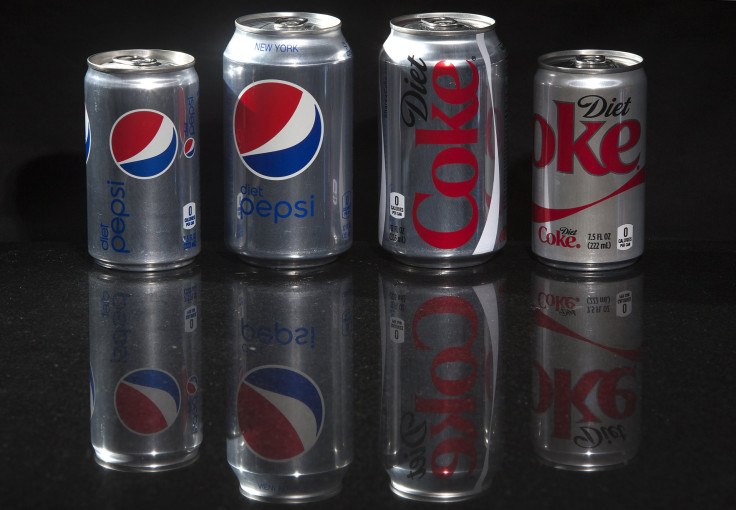Caramel Color In Soda Increases Cancer Risks For Consumers, Study Finds

The caramel color, a popular ingredient in soda, increases the risk of cancer among consumers, a new study finds.
The study was conducted by researchers from Johns Hopkins Bloomberg School of Public Health. The next time you pick up a can of soda, think twice! You may be putting yourself at a higher risk of cancer. After analysing soda consumption data, researchers have identified a significant association between people's exposure to a potentially carcinogenic byproduct of some types of caramel colour and a higher risk of cancer. The researchers found that between 44 and 58 percent of people over the age of six have at least one can of soda per day, which potentially exposes them to 4-methylimidazole (4-MEI).
“Soft drink consumers are being exposed to an avoidable and unnecessary cancer risk from an ingredient that is being added to these beverages simply for aesthetic purposes,” Keeve Nachman, senior author of the study and director of the Food Production and Public Health Program at the CLF and an assistant professor at the Johns Hopkins Bloomberg School of Public Health, said in a press statement. “This unnecessary exposure poses a threat to public health and raises questions about the continued use of caramel coloring in soda.”
4-MEI is a possibly carcinogenic substance that is created during the manufacturing of some kinds of caramel colour. In 2014, Consumer Reports found that 4-MEI was present in significant amounts in more than 11 different soft drinks. However, the study wasn't large enough to recommend one brand over another or draw conclusions about specific brands. That said, the results did indicate that levels of 4-MEI could vary substantially across brands.
"We believe beverage makers and the government should take the steps needed to protect public health," said Urvashi Rangan, executive director for Consumer Reports' Food Safety and Sustainability Center. "California has already taken an important step by setting a threshold for prompting Prop 65 labeling based on daily 4-MEI exposure from a food or beverage, such as a soda. This study sought to answer a critical question: How much soda to American consumers drink on average?"
Findings of the study were published online in the journal PLOS One. The research was supported by Consumers Union, Grace Communications Foundation and the National Heart, Lung and Blood Institute.
To contact writer, email: sammygoodwin27@gmail.com






